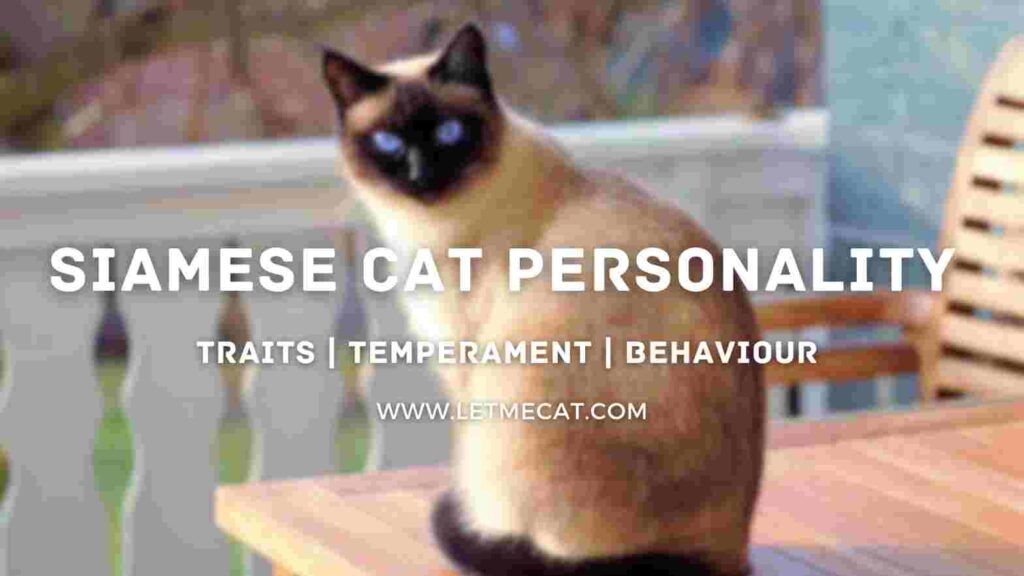Introduction
If you’re a cat owner, you might have encountered the rather perplexing behavior of your feline friend eating litter. This habit can be concerning, as it poses potential health risks to your beloved pet. In this article, we will delve into the reasons behind this behavior and explore effective ways to stop your cat from indulging in such unusual eating habits.
Understanding Why Cats Eat Litter
Curiosity and Exploration
Cats are naturally curious creatures, and sometimes, their curiosity extends to exploring their litter box. Your cat might simply be intrigued by the texture and taste of the litter, prompting them to sample it.
Nutritional Deficiencies
In some cases, cats may be eating litter due to nutritional deficiencies. They might be seeking essential minerals that their diet is lacking, and the litter might contain traces of these nutrients.
Stress and Anxiety
Stress and anxiety can manifest in various ways in cats, and one of them is eating non-food items like litter. This behavior can be a coping mechanism for cats trying to deal with their emotions.
Potential Dangers of Litter Consumption
Intestinal Blockages
Eating litter can lead to serious health issues, such as intestinal blockages. The clumping nature of some litters can cause them to accumulate in the digestive tract, leading to obstructions.
Toxic Substances
Certain types of litter may contain toxic substances, such as silica dust or chemicals used for fragrance. Ingesting these substances can be harmful to your cat’s health.
Steps to Stop Your Cat from Eating Litter
Switch to a Different Litter Type
Experiment with different litter types to find one that doesn’t pique your cat’s interest as much. Some cats may be less tempted by unscented or natural litters.
Provide a Balanced Diet
Ensure that your cat is receiving a well-balanced and nutritious diet. High-quality cat food formulated for their specific needs can help reduce the urge to seek additional nutrients from litter.
Address Stress and Anxiety
If you suspect that stress or anxiety might be causing the litter-eating behavior, try to identify the sources of stress in your cat’s environment and provide a more comfortable and secure space.
Ensure Sufficient Playtime and Attention
Engaging your cat in regular play sessions and providing them with attention can help alleviate boredom and reduce the chances of them resorting to unusual behavior like eating litter.
Keep the Litter Box Clean and Fresh
A clean litter box is essential for your cat’s well-being. Regularly scoop the litter and change it entirely, ensuring that it is always clean and fresh. This may discourage your cat from exploring it.
Try Using a Covered Litter Box
Switching to a covered litter box can help prevent your cat from accessing the litter directly. This physical barrier can be effective in deterring the behavior.
Use Deterrents
There are cat-safe deterrents available in the market that can help discourage your cat from eating litter. These deterrents emit odors or tastes that cats find unpleasant, discouraging them from indulging in the behavior.
Training Techniques to Prevent Litter Consumption
Positive Reinforcement
Reward your cat with treats or praise when they exhibit desirable behavior, such as using the litter box correctly. Positive reinforcement can reinforce good habits and discourage unwanted ones.
Clicker Training
Clicker training is a technique that utilizes a clicker device to mark desired behaviors. By associating the click sound with rewards, you can train your cat to avoid eating litter.
Redirecting Behavior
Whenever you catch your cat trying to eat litter, redirect their attention to a more appropriate activity, such as playing with a toy or scratching a scratching post. This helps shift their focus away from the litter box.
Punishment-Free Solutions
Avoid using punishment as a means to deter litter consumption. It can lead to fear and anxiety in your cat, exacerbating the problem. Focus on positive reinforcement and redirection techniques instead.
Monitoring and Seeking Professional Help
Monitor Your Cat’s Behavior
Keep a close eye on your cat’s behavior and litter box habits. If the litter consumption persists despite your efforts, document the frequency and any changes in your cat’s health or behavior.
Consult a Veterinarian or Animal Behaviorist
If your cat’s litter-eating behavior continues to be a concern, it’s advisable to consult with a veterinarian or animal behaviorist. They can provide further insights into your cat’s specific situation and offer tailored solutions.
Conclusion
In conclusion, if your cat is eating litter, it’s essential to address the issue promptly to ensure their well-being. By understanding the underlying reasons, implementing appropriate measures, and using positive training techniques, you can help your cat overcome this behavior and create a safe and healthy environment for them.
Thank you for reading it.
FAQs
Q1. Is it normal for cats to eat litter?
While it’s not considered normal behavior, some cats may exhibit this habit for various reasons. It’s essential to address the issue to prevent potential health risks.
Q2. Can eating litter be harmful to my cat?
Yes, consuming litter can pose health risks, including intestinal blockages and exposure to toxic substances. It’s crucial to prevent your cat from eating litter.
Q3. How can I choose the right litter for my cat?
Consider your cat’s preferences and any potential sensitivities when selecting litter. Experiment with different types and textures to find the one that suits your cat best.
Q4. Should I punish my cat for eating litter?
No, punishment is not recommended. It can lead to fear and anxiety in your cat, making the situation worse. Focus on positive reinforcement and redirection techniques.
Q5. When should I seek professional help for my cat’s litter-eating behavior?
If your cat’s litter consumption persists despite your efforts, it’s advisable to consult with a veterinarian or animal behaviorist for further guidance and assistance.


Pingback: How To Stop My Cat From Eating Lizards? Reasons, Solutions - Let Me Cat